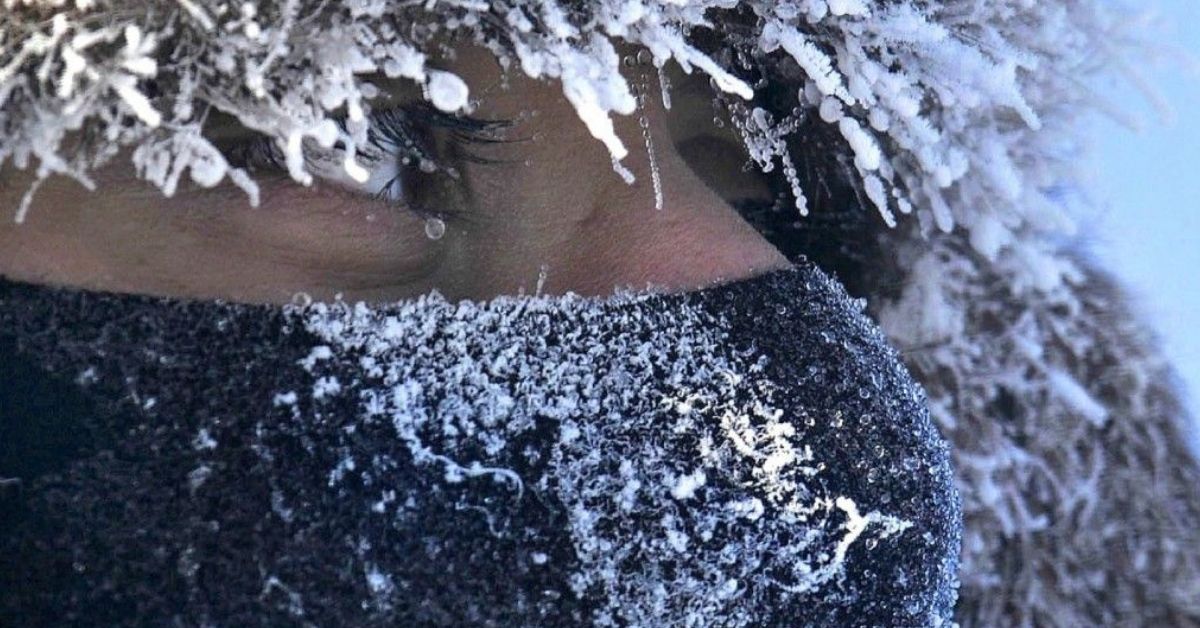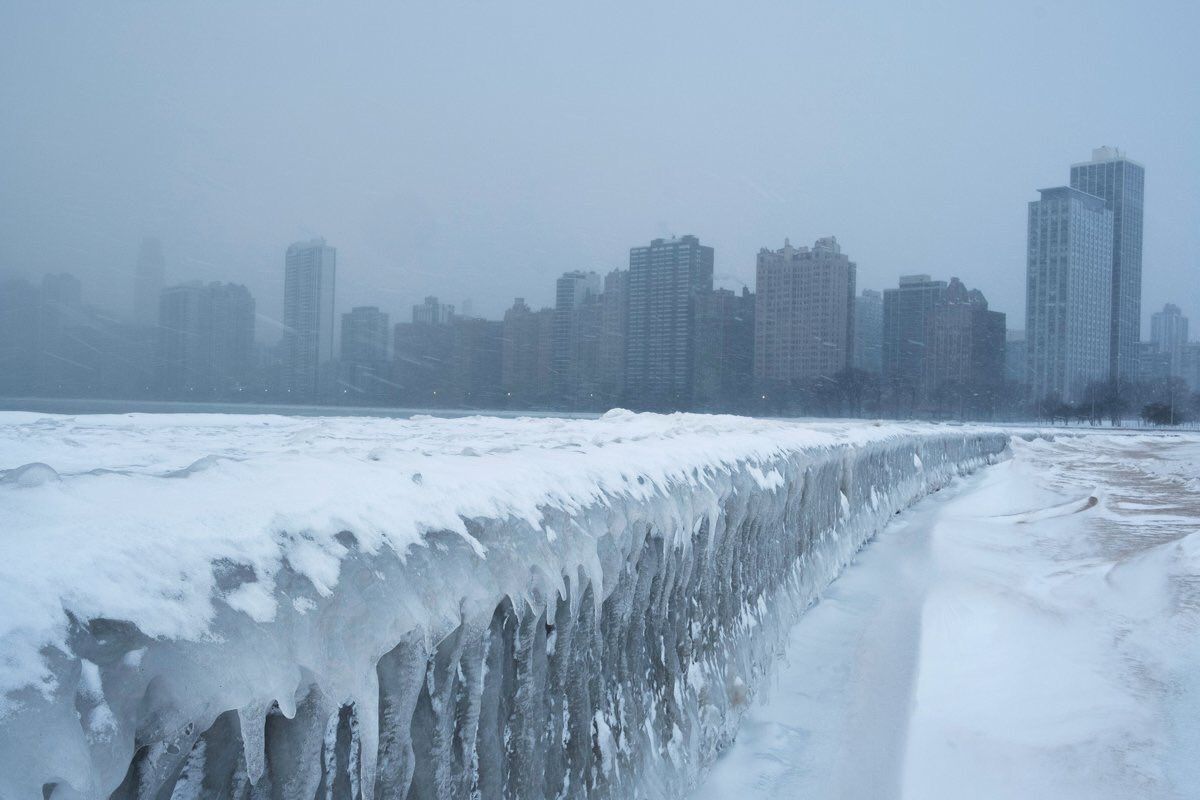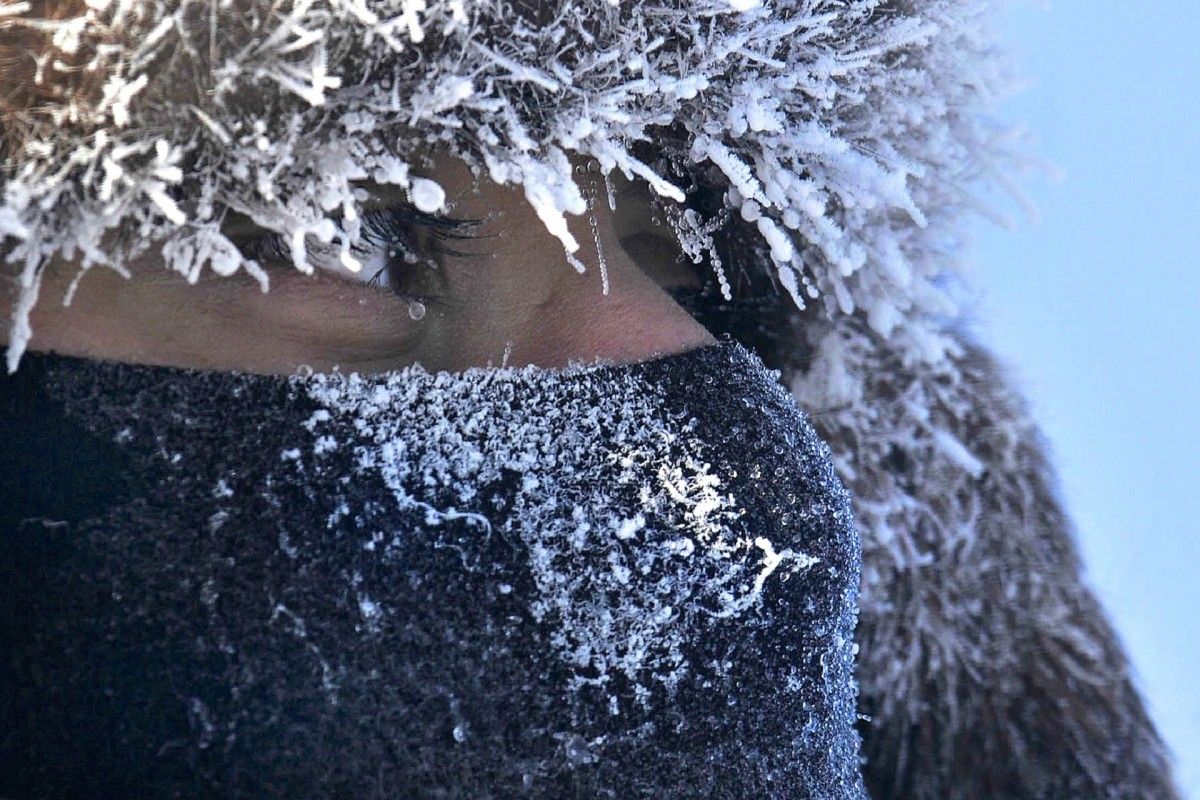Midwestern United States is currently gripping with one of the coldest winters in decades with temperatures and wind chill plummeting to as low as minus 60 degrees Fahrenheit in states like Minnesota.
"The combined effects of the cold & winds are at their peak today with wind chills of -45° to -60° continuing. The afternoon highs today...yes the highs...will only be -11° to -17°," the National Weather Service Chicago tweeted.
The extreme Arctic cold blast has not only led to school, restaurant, and store closures, suspension of the U.S. Postal Service's mail delivery, and disruptions in travel, it has unfortunately claimed a few lives.
At least six deaths across the region have been linked to the frightful weather, which hit a record low on Thursday.
A 55-year-old man was found frozen to death in a garage in Wisconsin after shoveling snow at his home. In Iowa City, a University of Iowa student died in hospital after he was found "unresponsive" behind an academic hall. It is believed that the extreme weather of -22 with a wind chill of -51 played a role.
Weather forecasters and state officials have been warning people to exercise caution when venturing outdoors, or to avoid it all together if possible.
When skin is exposed to a wind chill of -25 it can freeze within 15 minutes. Anything lower and uncovered parts of your body will freeze almost instantly.
The National Weather Service in Des Moines is urging people to "minimize talking" and "avoid taking deep breaths" while outside, and to also "make sure your mouth is covered to protect your lungs from severely cold air."
The bitter and dry cold air can significantly impact the lungs, leading to shortness of breath. For those who have pre-existing conditions like asthma and COPD, the extreme cold can trigger an attack.
'Absolute coldest' deadly deep freeze grips Midwestern U.S. https://t.co/wSVzP40B8L pic.twitter.com/8BqRsmbbYI
— Reuters Top News (@Reuters) January 30, 2019
"You might be more breathless, or feel out of breath, you might cough or start to wheeze. You also may feel a bit of tightness in the chest," pulmonologist Dr. Rachel Taliercio, told the Cleveland Clinic. "All of these can be signs that you should get indoors," she added.
The NWS also encouraged people to stock up on blankets, fuel and food to avoid leaving the house as the temperatures continue to drop and storm sets in.
"This is not a case of 'meh, it's Iowa during winter and this cold happens,'" the release added. "In summary, please be smart and take care of one another."



